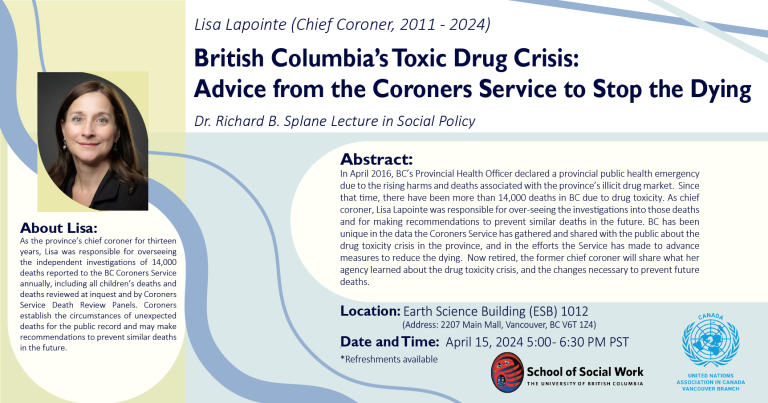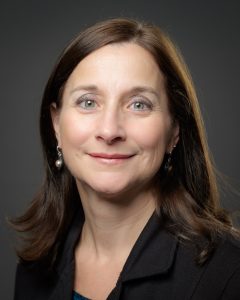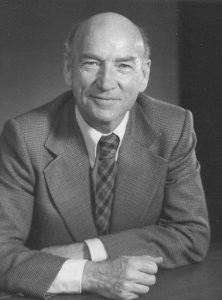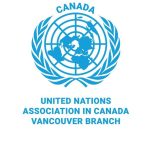British Columbia’s Toxic Drug Crisis: Advice from the Coroners Service to Stop the Dying
Presented by the UBC School of Social Work and the UN Association of Canada (Vancouver branch)
Hear from BC’s chief coroner of 13 years, on knowledge acquired in facing the province’s drug toxicity crisis, as part of the 2024 Richard B. Splane Lecture in Social Policy.


Abstract
In April 2016, BC’s Provincial Health Officer declared a provincial public health emergency due to the rising harms and deaths associated with the province’s illicit drug market. Since that time, there have been more than 14,000 deaths in BC due to drug toxicity. As chief coroner, Lisa Lapointe was responsible for over-seeing the investigations into those deaths and for making recommendations to prevent similar deaths in the future. BC has been unique in the data the Coroners Service has gathered and shared with the public about the drug toxicity crisis in the province, and in the efforts the Service has made to advance measures to reduce the dying. Now retired, the former chief coroner will share what her agency learned about the drug toxicity crisis, and the changes necessary to prevent future deaths.
Sorry. This form is no longer available.
Refreshments to be served at 4pm
Programme
Welcome and Land Acknowledgement by Moderator
Tim Stainton, Professor, UBC School of Social Work
Welcome Dean Clare Crowston, Faculty of Arts
Welcome Dr. Lea Caragata, Director, UBC School of Social Work
Background to the Splane Lecture and Partner Introductions
Patsy George, Past President, United Nations Association in Canada, Vancouver Branch
Introduction to Ms. Lisa Lapointe
Tim Stainton, Professor of Social Work, School of Social Work
Keynote Address: British Columbia’s Toxic Drug Crisis: Advice from the Coroners Service to Stop Dying
Question Period
Moderated by Professor Tim Stainton
Thank You
Sameer Esmail, President of UNAC Vancouver
Speaker Bio


Lisa Lapointe
A graduate of the University of British Columbia Law School, Lisa began her public service career in 1995 as a policy analyst in the area of freedom of information and protection of privacy. She then joined the BC Coroners Service where she served as Coroner, Deputy Regional Coroner and Regional Coroner on Vancouver Island before being appointed as B.C.’s Assistant Deputy Chief Coroner in 2003.
In 2006, Lisa joined the BC Corrections Branch, serving as Assistant Deputy Warden at Vancouver Island Regional Correctional Centre in Victoria before moving to a provincial role as Director of Programs and Strategic Services.
In 2008, Lisa accepted the position of Assistant Deputy Director of the province’s Civil Forfeiture Office, utilizing civil law to deter crime by removing proceeds and instruments of unlawful activity.
As the province’s chief coroner for thirteen years, Lisa was responsible for overseeing the independent investigations of 14,000 deaths reported to the BC Coroners Service annually, including all children’s deaths and deaths reviewed at inquest and by Coroners Service Death Review Panels.
Lisa is a mother and grandmother, and in her free time enjoys running, cycling, yoga and spending time with her expanding family. She is the chair of the British Columbia Institute of Technology’s Forensic Science and Technology Program Advisory Committee and is the former chair of the Canadian Forum of Chief Coroners and Chief Medical Examiners. In 2013, Lisa received the Queen Elizabeth II Diamond Jubilee Medal in acknowledgement of her dedication and expertise to the public service for over 20 years. In 2018, under Lisa’s leadership, the Coroners Service was awarded the inaugural Premiers Award for Evidence-Based Design for its analysis and timely reporting of data on illicit drug overdose deaths in the midst of a public health emergency.
About


Richard Splane, O.C., Ph.D., LLD.
Richard Splane, Professor Emeritus of the University of British Columbia, began his academic career at McMaster University, pursuing studies in economics, history and social work at the University of Toronto and social administration at the London School of Economics.
In the Second World War, he served in the Royal Canadian Air Force as a pilot in the Bomber Command. After the war, he joined the Department of National Health and Welfare as an Economist and became Executive Assistant to the Deputy Minister. He was in‐turn Director‐General of Welfare Assistance and Services; Director of Unemployment Assistance; and, Assistant Deputy Minister of Social Allowances and Services. He is regarded as the “principal architect” of the Canada Assistance Plan.
Dr. Splane’s special interest was international welfare. He served as Canada’s representative on the UNICEF Board and was a member of the United Nations’ Expert Group on Social Welfare Policy and Planning. In 1973, he was recruited by the University of British Columbia, as a Professor in the School of Social Work, where he served until his retirement in 1982.
He is author of three books, Social welfare in Ontario, 1791‐1893; a study of public welfare administration (1965), 75 years of community service to Canada: Canadian Council on Social Development, 1920‐1995 (1996), and George Davidson: social policy and public policy exemplar (2003), and contributed numerous chapters and articles to professional journals and the press. He also collaborated with his wife, Dr. Verna Huffman Splane on a nursing research project in 55 countries.
In his community, he served with the University of British Columbia, the University Hill United Church and the United Way of Vancouver, Friends of SOS Children’s Villages, as well as the Vancouver chapters of both the World Federalists and the United Nations Association.
Throughout his career, Dr. Splane has served in senior roles in his own professional organization and many others in civil society. His work in social policy has been recognized both nationally and internationally with honours from his profession, government and universities. He was granted an Honorary Degree LL.D. by Wilfred Laurier University (1988), McMaster University (1990), the University of Toronto (2005) and, with his wife Verna, the University of British Columbia’s first‐ever joint honorary degree (1996).
School of Social Work, University of British Columbia
We are the third oldest School of Social Work in Canada, dating back to the late 1920s, when instruction in social work at the University of British Columbia consisted of a two-year diploma course within the Dept. of Economics, Sociology and Political Science. Today our nationally accredited programmes continue to educate and train social workers for the future and to develop high educational standards in all branches of social work. Our School is richly endowed with strength and excellence in teaching, research, community service and international development informed by an ethic of care and commitment to social justice. We continue to provide leadership in social work education within BC, across Canada and internationally.
The School places a high value on curiosity and applied research, community scholarship and service. It recognizes the integrity and distinctive value of its academic and professional degree programmes, values multidisciplinarity from its base within the Faculty of Arts.
The School is committed through its teaching, research and community service to excellence in the development, dissemination and application of knowledge, values and skills relevant to social work. Faculty, staff and students are committed to principles of social and economic justice, equity and respect for the realities of diverse cultures and the strengths of civil society.
United Nations Association in Canada, Vancouver Branch
The United Nations Association in Canada works to engage the Canadian public in the work of the United Nations and its agencies. We work closely with the educational communities in every province and territory to build their capacity to educate young people from a global perspective. We also work directly with youth, challenging them to develop the tools and skills necessary to confront some of the world’s most complex problems.
Our projects also aim to define foreign policy priorities for our government. We host seminars and conferences with a variety of stakeholders and produce informative publications on topics such as peace and security, human rights and sustainable development. Each year the Association awards the Pearson Peace Medal to a Canadian who has made an outstanding contribution in the field of international service and understanding.
For more information, please visit: www.unacvancouver.org
This talk will take place on the traditional, ancestral, and occupied territory of the hən̓q̓əmin̓əm̓-speaking Musqueam peoples.



